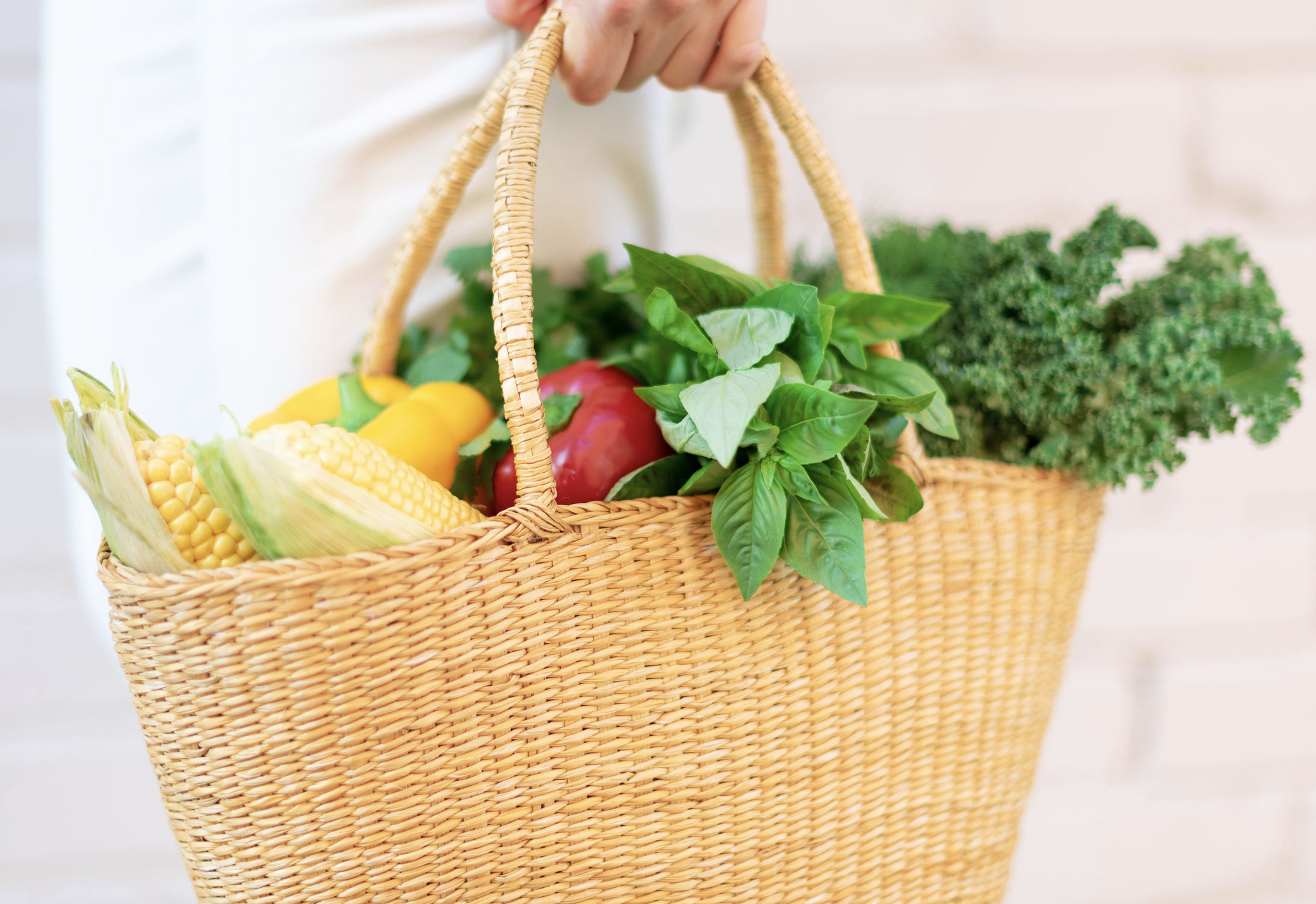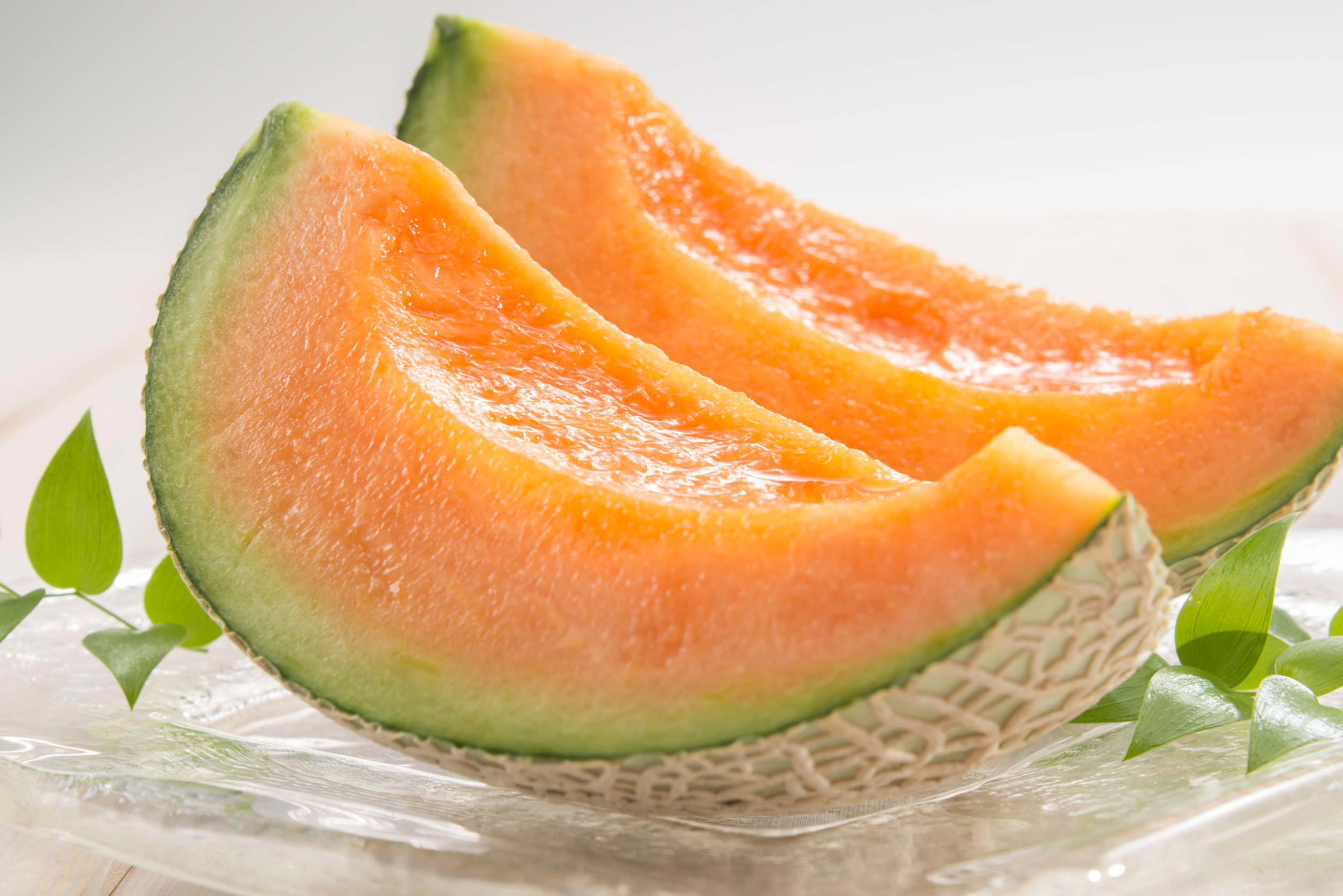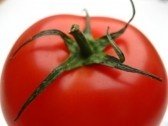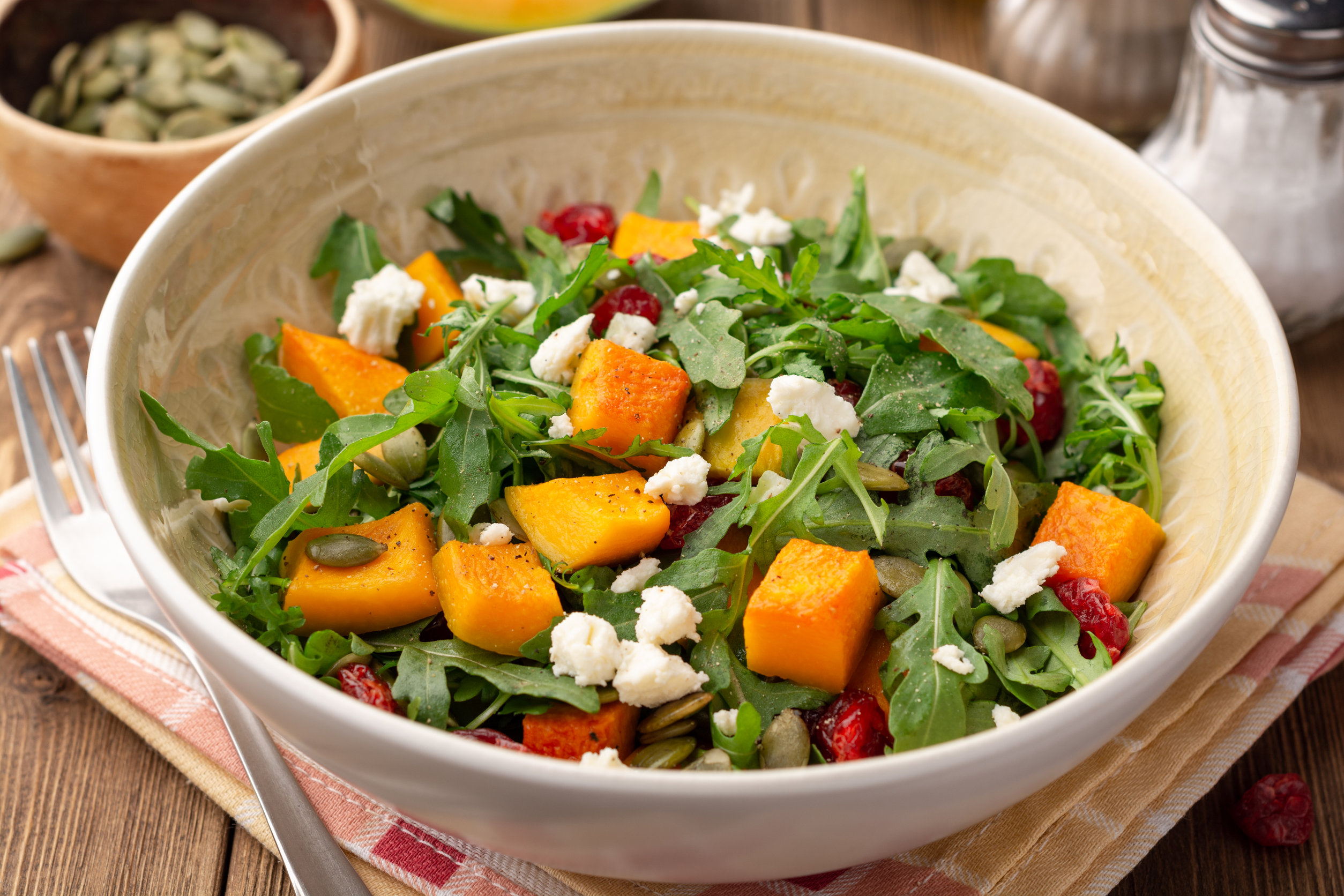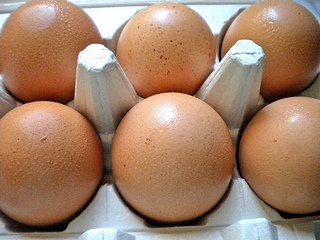Foods High in Lutein and Zeaxanthin
Foods high in lutein include lots of different colorful vegetables and fruits but because it is fat soluble be sure to include some healthy fats, like olive oil when eating. Lutein is a carotenoid and antioxidant that is beneficial for eye health. It's found in various fruits and vegetables, particularly those with vibrant colors.
The only way to take advantage of the antioxidant benefits of lutein is by eating foods that are rich in this carotenoid or through supplementation.
The body cannot make lutein so you must get it from food or supplements.
Foods with Lutein
Actually this antioxidant is found in a wide variety of fruits and vegetables, but egg yolks seem to be the best source because they are more bioavailable and better absorbed by the body.
Yellow plant pigments commonly found in yellow and dark green, leafy vegetables may reduce the risk of macular degeneration (AMD), according to a study reported in the September 2007 issue of Archives of Ophthalmology.
Here is a List of Foods High in Lutein
√ Carrots
√ Squash
√ Cantaloupe
√ Tomatoes
√ Spinach
√ Oranges
√ Kale
√ Collard greens
√ Red Pepper
√ Tomatoes
√ Broccoli
√ Corn
√ Eggs
√ Zucchini
√ Brussel Sprouts
√ Green Peas
√ Romaine Lettuce
√ Green Beans
According to The Lutein Information Bureau lightly cooked vegetables are a better source of lutein than raw, as the lutein is released when the cell walls are broken down by the cooking. Cooking methods, such as steaming or sautéing with a bit of healthy oil, can enhance the absorption of lutein.
Here is a picture of a salad I make that includes foods high in lutein such as arugula and butternut squash.
Because lutein is a fat-soluble substance, it is important to eat some healthy fat, like olive oil, with your raw vegetables or salad for proper absorption through the digestive tract.
"Without fat, we know that lutein absorption is negligible," says nutrition researcher Cheryl Rock, PhD, of the University of California, San Diego.
If your diet is low in (healthy) fat your carotenoid absorption may be affected. This may explain that while kale has a higher concentration, the lesser amount in egg yolks is more absorbable and bio-available.
Foods Containing Lutein and Zeaxanthin
Many of the foods high in lutein also provide the eye healthy carotinoid, zeaxanthin. Lutein and zeaxanthin are two of the main carotenoids that make up the macular pigment (MP) and help to support the health of the macula.
The MP is responsible for protecting the eye from the harmful effects of free radicals. This pigment also protects the eye from the damaging effects of blue light. MP can be increased through diet and/or supplementation.
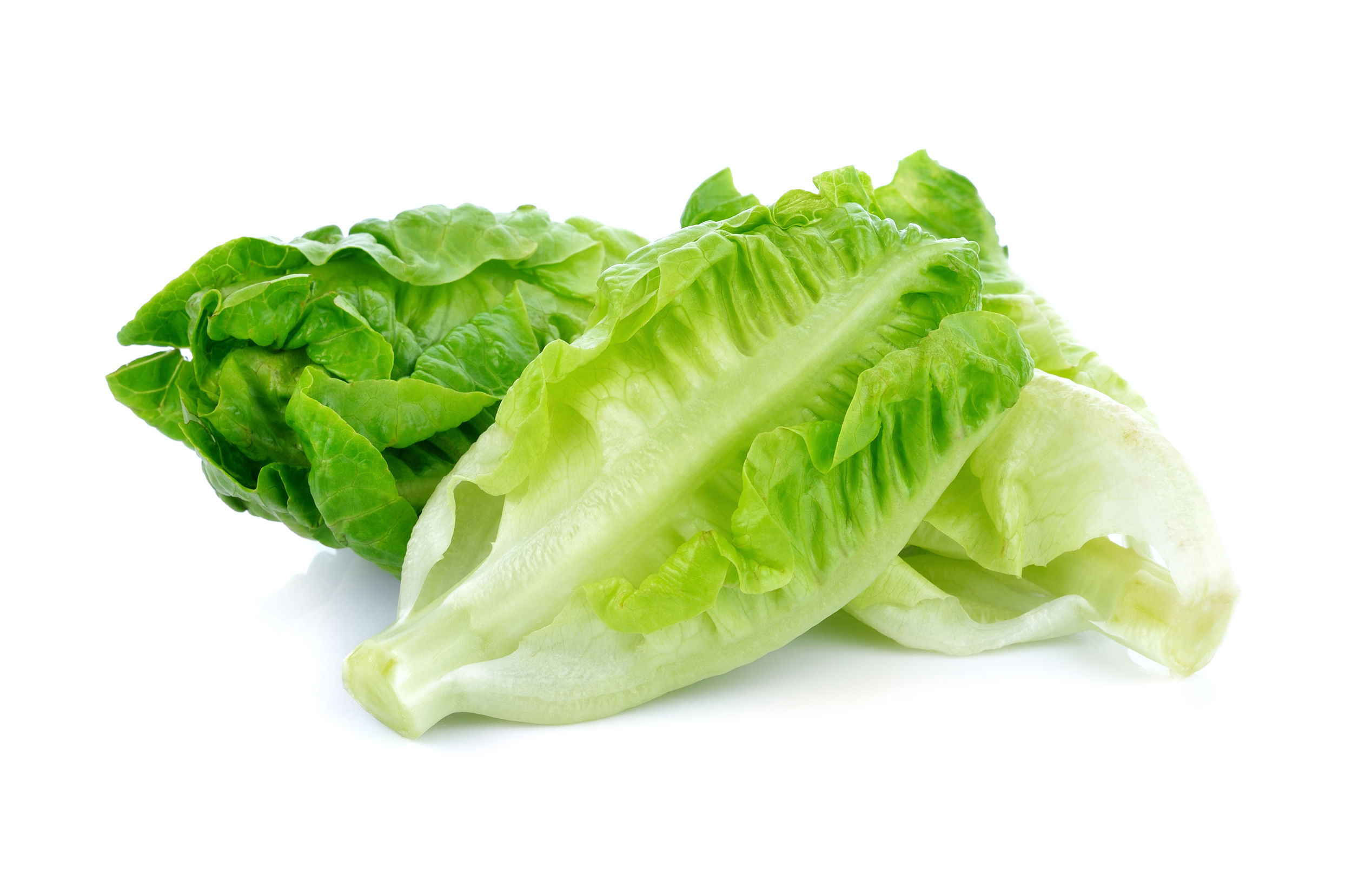
"The available research investigating the impact of cooking on carotenoids in plant sources suggests that although the heat decreases the carotenoid content, it may nonetheless enhance the bioavailability of the carotenoids compared with uncooked sources."
Other Foods High in Lutein and Zeaxanthin
According to the University of Rochester Medical Center, 1 cup of raw arugula contains 355 mcg of lutein and zeaxanthin.
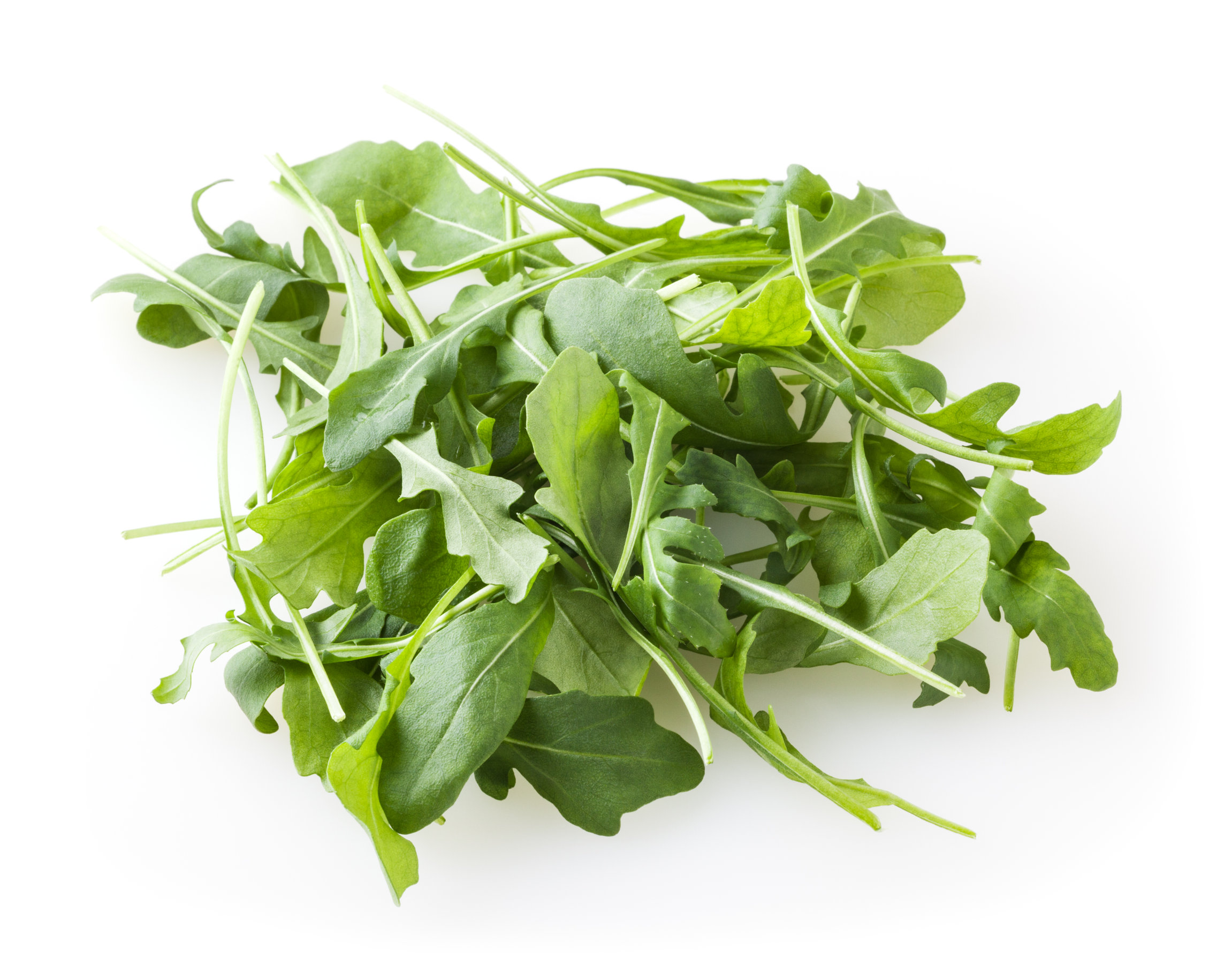
Consider using arugula as a base for your salad.
Butternut squash can be roasted or used to make a delicious soup.
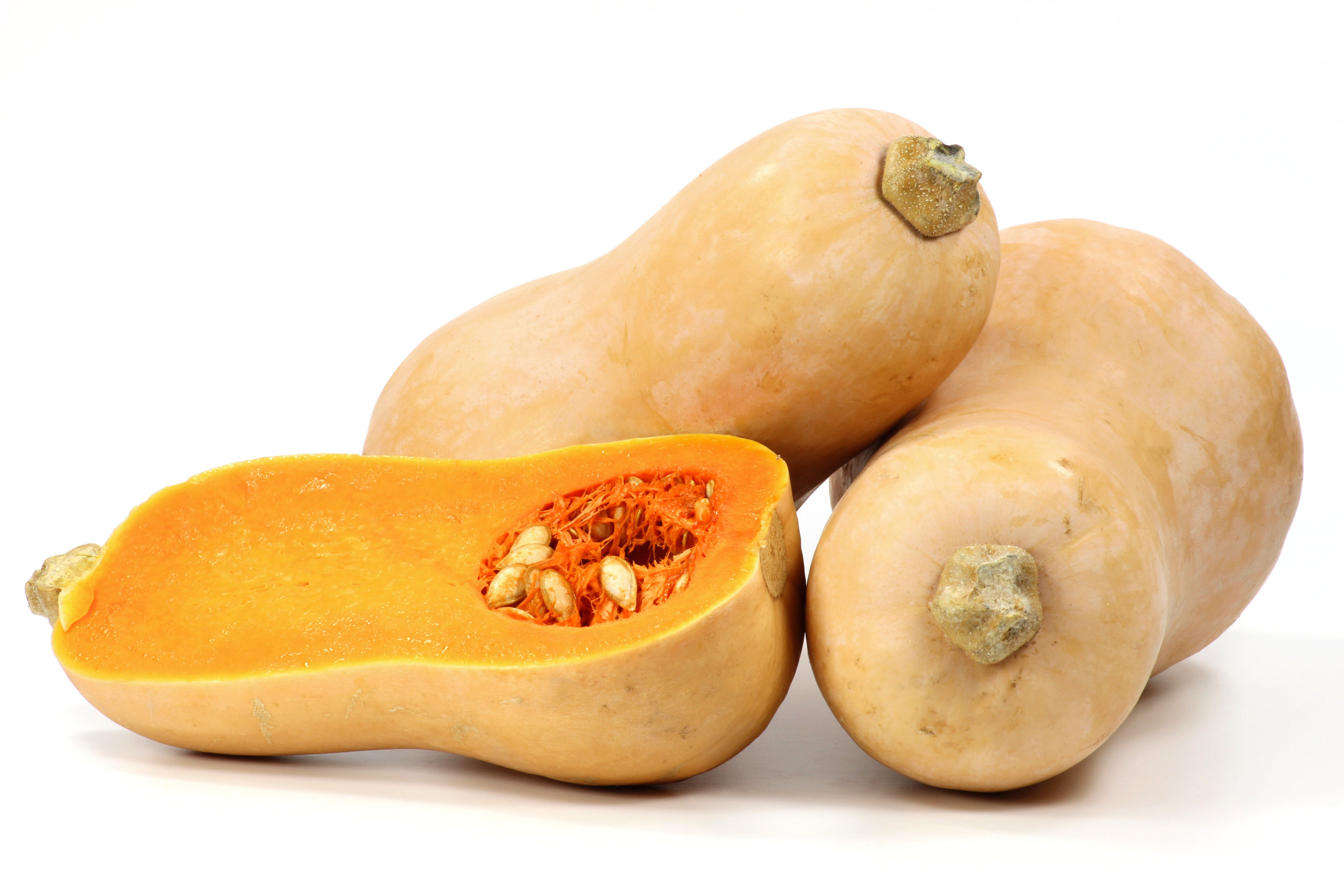
The University of Oregon reports that 1 cup of cooked pumpkin contains 2.5 mg of lutein + zeaxanthin and 1 cup of cooked butternut squash contains 2.9 mg of lutein + zeaxanthin.
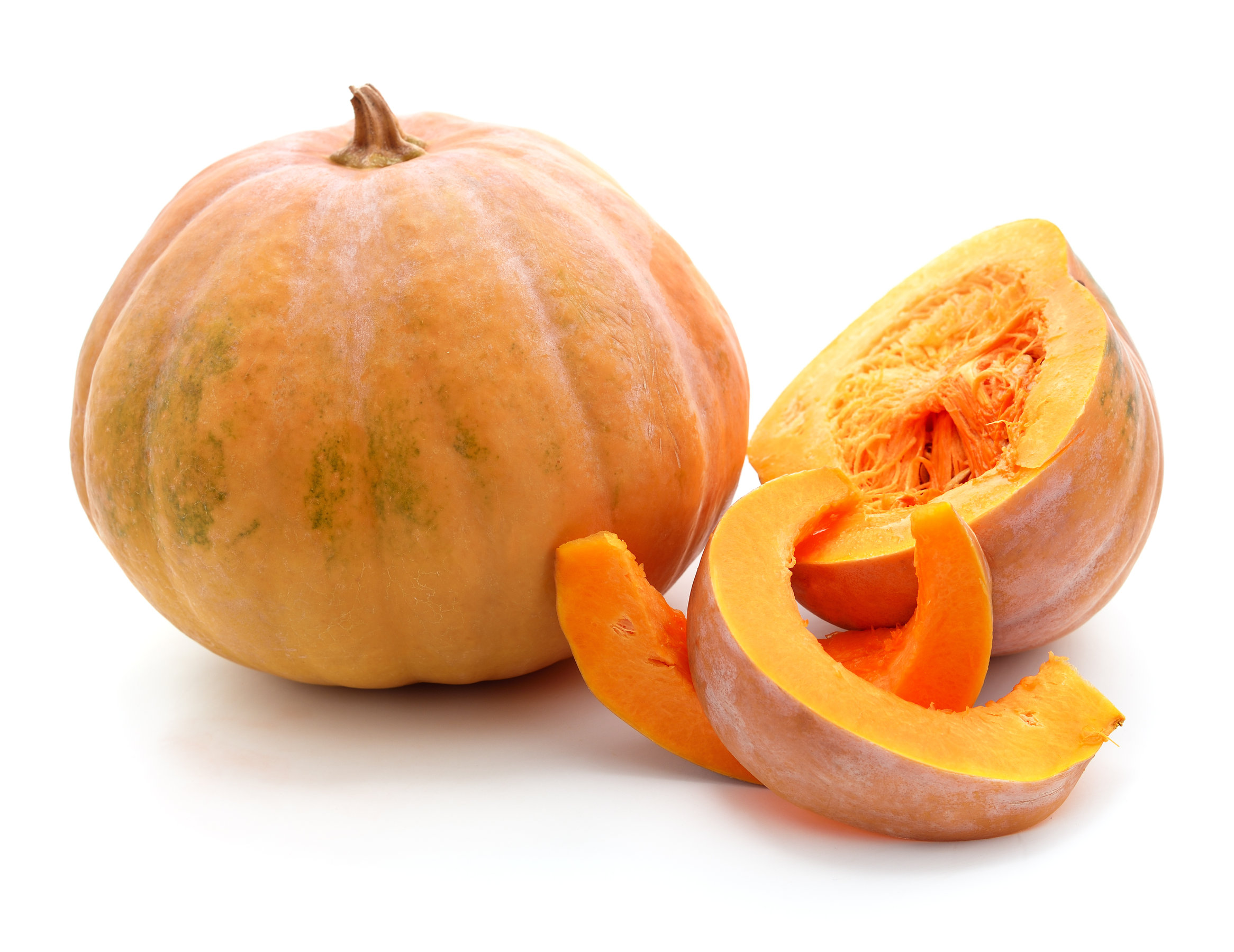
Pumpkins are a good source of vitamins and minerals, including vitamin A, vitamin C, potassium, and beta-carotene. Beta-carotene is a powerful antioxidant that the body can convert into vitamin A, which is essential for vision, immune function, and skin health. Add canned pumpkin to your soups or smoothies for some extra eye healthy carotenoids.
According to Lisa Hark, PhD, RD, a renowned nutrition expert and registered dietician at Wills Eye Hospital Department of Research in Philadelphia, " ... the retina has the highest rate of metabolism in the body and consumes the most oxygen."

That's why it's so important to nourish it everyday with nutrients from foods high in lutein and zeaxanthin to help the retina to function at its best.
Go from Foods High in Lutein to Macular Degeneration Diet
Go from Foods High in Lutein to WebRN Macular Degeneration
Would you like to be updated on:
The Latest Macular Degeneration Clinical Trials?

√ Prevention of Macular Degeneration?
√ Tips for Daily Living?
√ Food Suggestions for a Macular Degeneration Diet?
√ Ideas on Visual Aids to Maximize your Sight?
If you said "yes" to any of the above, sign up my monthly Macular Degeneration News.
